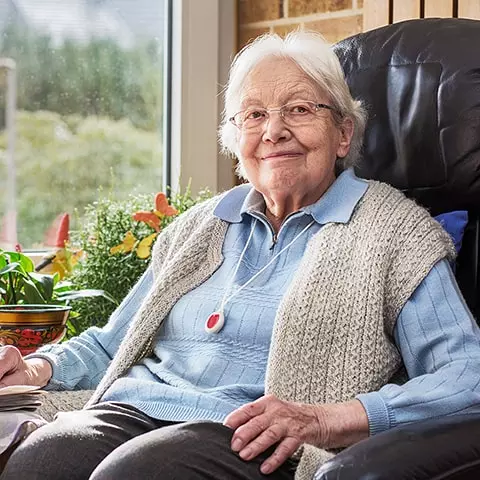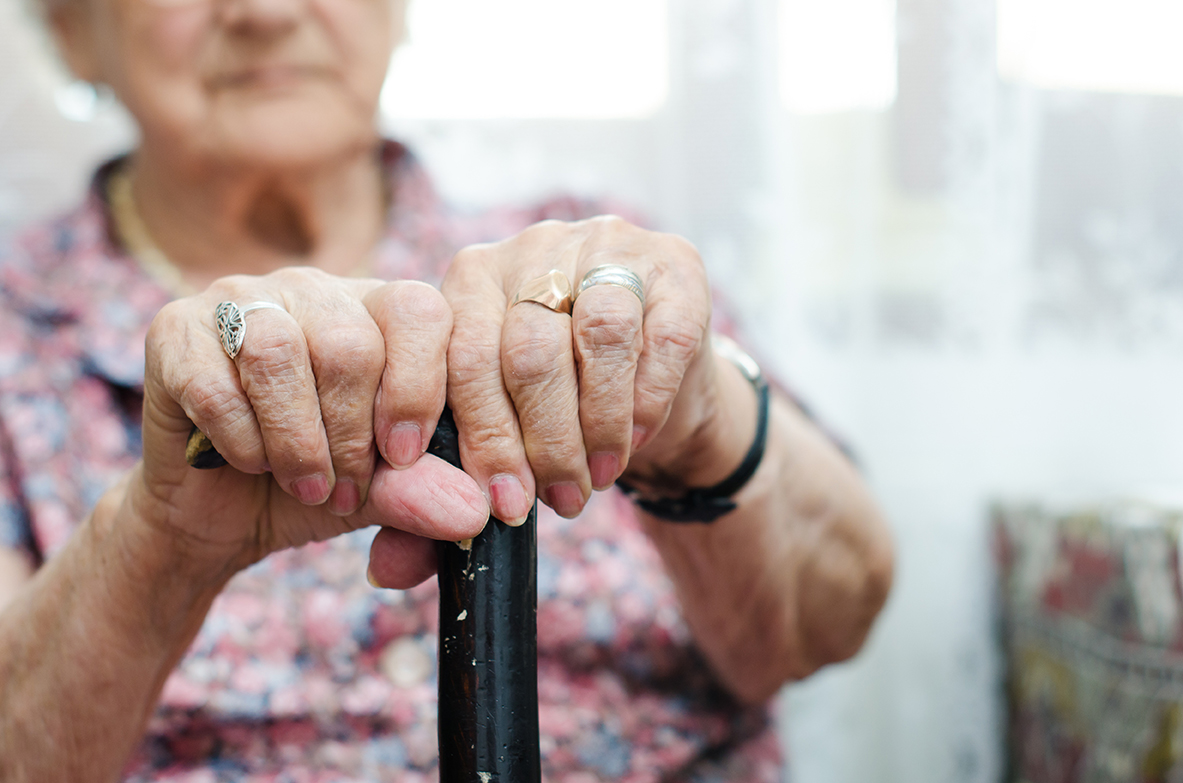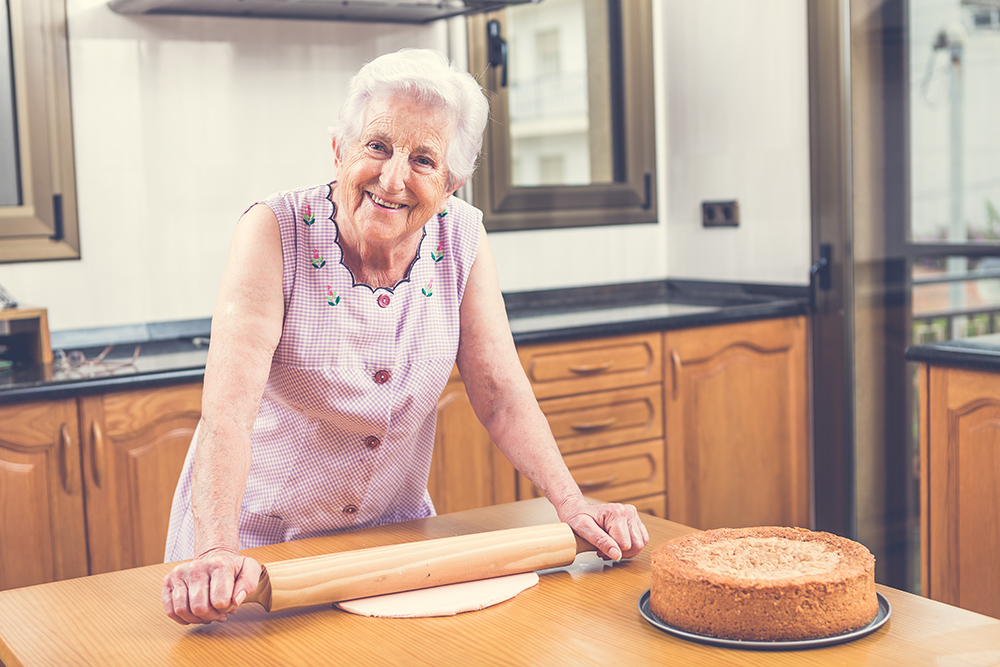
Caregiving is a noble and selfless act of love and support, but it's not without its challenges. Among these challenges, one significant aspect is the impact of caregiving on relationships. Caring for a loved one can affect not only the caregiver but also the dynamics within the family and with friends. In this article, we will explore the various ways in which caregiving can influence relationships and provide advice on maintaining healthy connections during this demanding journey.
Family dynamics
1. Shifts in roles:
Caregiving often results in caregivers assuming new roles within the family, such as decision-makers or primary providers. This shift can alter the dynamics among family members and require adjustments in how they interact and communicate.
Find YOUR ideal care home NOW!
2. Sibling relationships:
Disagreements about the care plan, responsibilities, and differences in opinions can strain sibling relationships. Open and honest communication is crucial for addressing conflicts and finding collaborative solutions.
3. Emotional stress:
The emotional toll of caregiving can impact family interactions, with caregivers feeling more irritable and family members experiencing feelings of overwhelm or guilt. Creating a supportive environment where feelings can be openly expressed is essential.
4. Support and communication:
Effective communication within the family is vital for understanding each other's needs and concerns. Encouraging open dialogue and working together to create a support system for the caregiver can strengthen family bonds.
Relationships with friends
1. Reduced availability:
Caregivers may have less time to socialize, leading to feelings of isolation and potentially straining friendships. Friends may struggle to understand the caregiver's responsibilities and changing priorities.
2. Changing priorities:
Caregivers often prioritize the needs of their loved ones, which can lead to shifts in friendships. Friends may need time to adapt to these changes and understand the caregiver's commitments.
3. Lack of empathy:
Friends who haven't experienced caregiving may struggle to empathize with the caregiver's situation, not fully grasping the physical and emotional toll it takes. Educating friends about caregiving challenges can foster empathy and understanding.
Advice on maintaining healthy relationships
1. Open communication:
Foster open and honest communication with both family members and friends. Discuss your caregiving role, needs, and any changes in availability to ensure understanding and support.
2. Set boundaries:
Establish clear boundaries for your caregiving role to maintain balance in relationships. Communicate your limitations to family members and friends and seek their understanding and assistance when needed.
3. Accept help:
Don't hesitate to accept help from family or friends when offered. Caregiving doesn't have to be a solo endeavor, and allowing others to assist can alleviate some of the burdens.
4. Respite care:
Arrange for respite care to give yourself occasional breaks from caregiving responsibilities. Use this time to nurture your relationships outside of caregiving and focus on self-care.
5. Seek support:
Join caregiver support groups to connect with others who understand your challenges and provide a supportive community. Sharing experiences and receiving advice can be invaluable for maintaining emotional well-being.
Practical Tips for Maintaining Healthy Relationships While Caregiving
| Strategy | Description | Benefits |
|---|---|---|
| Open Communication | Discuss caregiving responsibilities and needs with family and friends | Reduces misunderstandings and fosters support |
| Setting Boundaries | Define limits on caregiving duties to maintain personal balance | Prevents burnout and ensures time for self-care |
| Accepting Help | Allow family and friends to assist with caregiving tasks | Reduces stress and promotes teamwork |
| Utilizing Respite Care | Take breaks by arranging for temporary caregiving support | Restores energy and maintains social connections |
| Seeking Support | Join caregiver support groups for advice and emotional support | Creates a sense of community and shared experience |
Caregiving can strain relationships within families and friendships, but with proactive communication, empathy, and support, these connections can remain strong and resilient. By fostering open communication, setting boundaries, accepting help, and prioritizing self-care, caregivers can navigate the impact of caregiving on relationships with understanding and compassion. Recognizing the importance of nurturing relationships is essential for caregivers' well-being and ensuring they receive the support and recognition they deserve.
FAQ:
1. How does caregiving affect family relationships?
Caregiving can shift family dynamics, leading to role changes, increased responsibilities, and potential conflicts. Open communication and shared decision-making can help maintain harmony.
2. What are common conflicts between siblings when caregiving?
Siblings may disagree on care plans, financial responsibilities, or workload distribution. Having clear discussions, setting expectations, and involving a mediator can help resolve conflicts.
3. How can caregivers maintain friendships while balancing responsibilities?
Caregivers should communicate openly about their availability, set time aside for social activities, and educate friends about their caregiving challenges to foster understanding.
4. Why is respite care important for caregivers?
Respite care provides temporary relief, allowing caregivers to rest, recharge, and focus on personal relationships without compromising the well-being of their loved ones.
5. Where can caregivers find emotional support?
Caregivers can join local or online support groups, seek professional counseling, or connect with community resources to find emotional support and guidance.
We are here to help you choose a care home or facility best suited to your needs. Do not hesitate to contact us on the following number: 0230 608 0055 or fill out this form.
Do you need a care home for yourself or your loved one?
Share this article :
Latest posts
You are looking for an establishment for your loved one ?
Get availability & prices
Fill in this form and receive
all the essential information
We would like to inform you of the existence of the opposition list for telephone canvassing.







.jpg)



